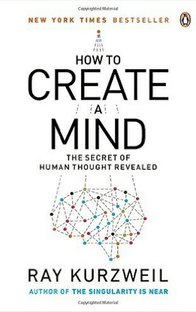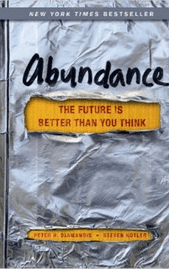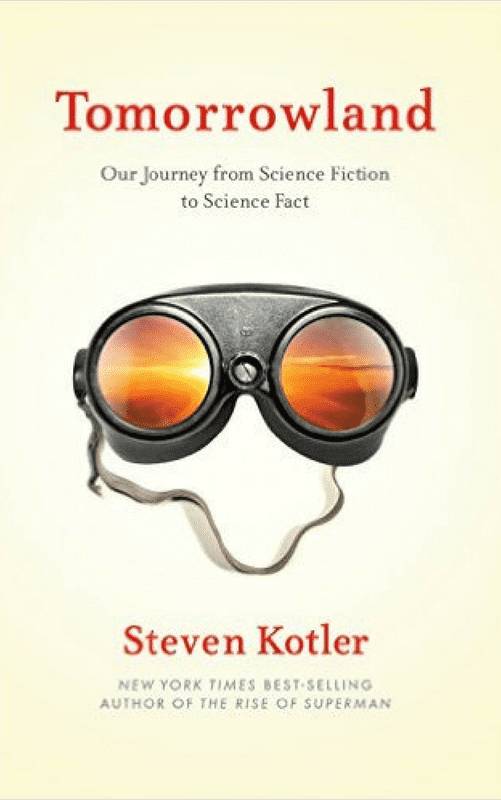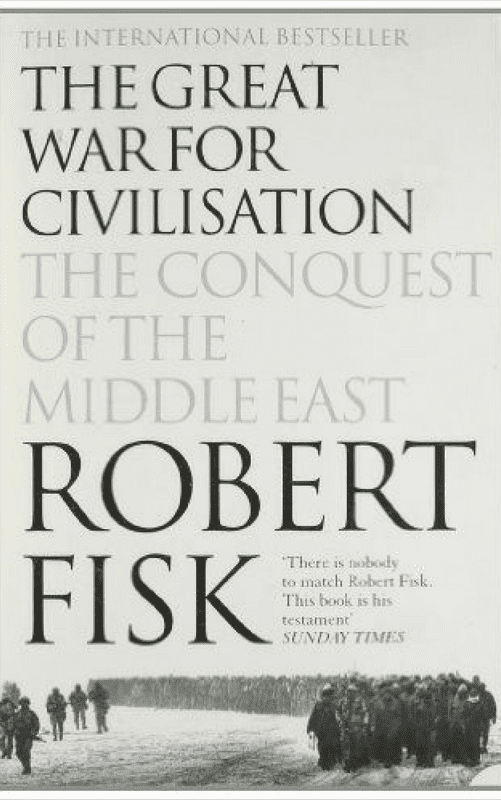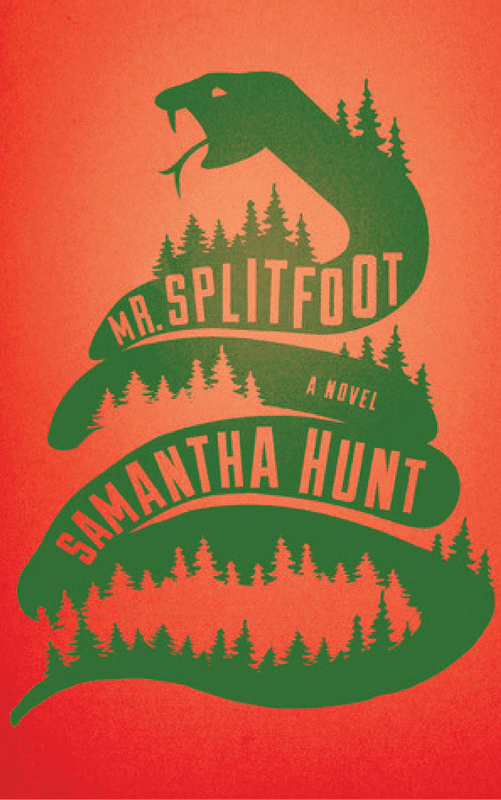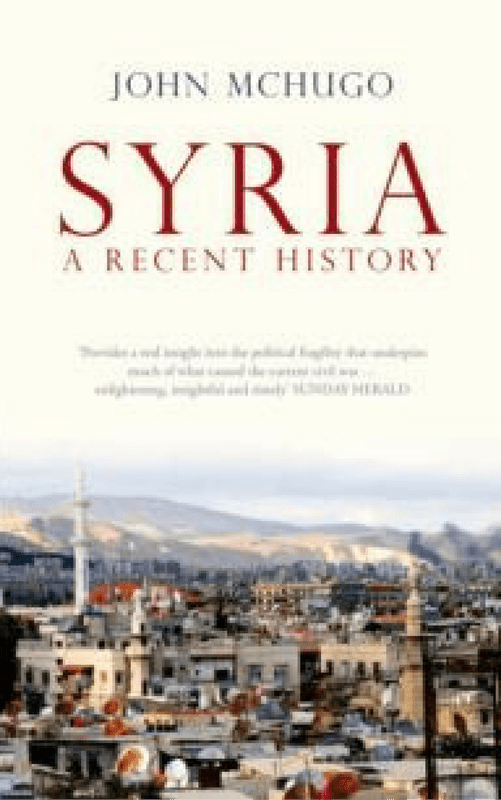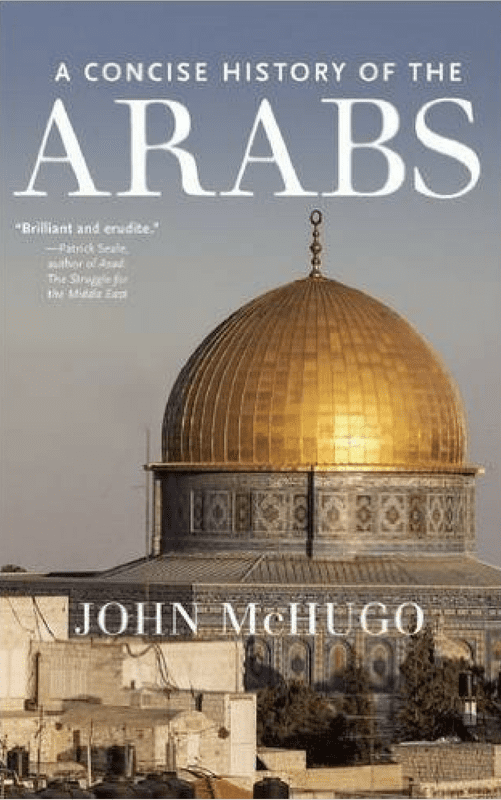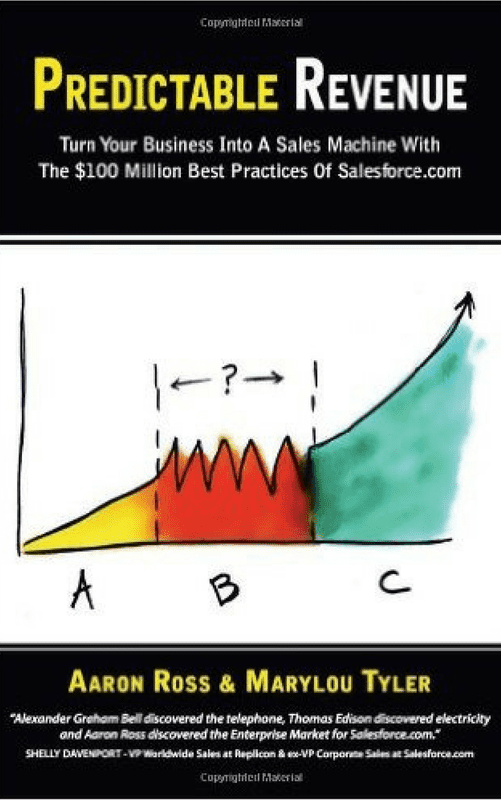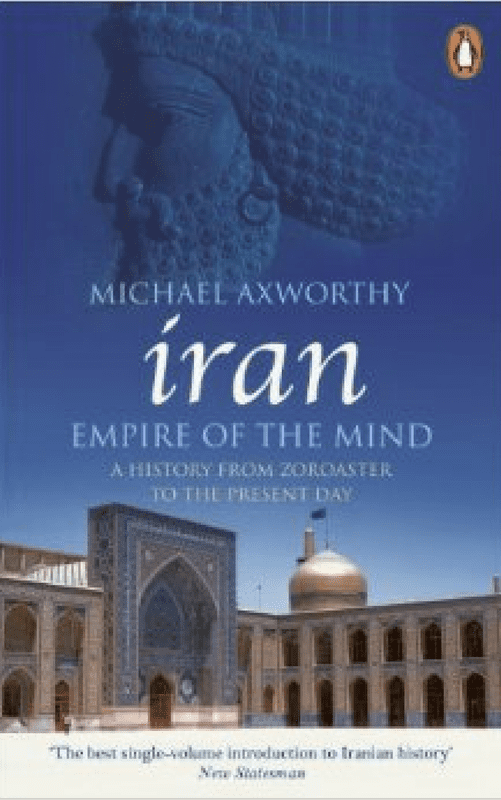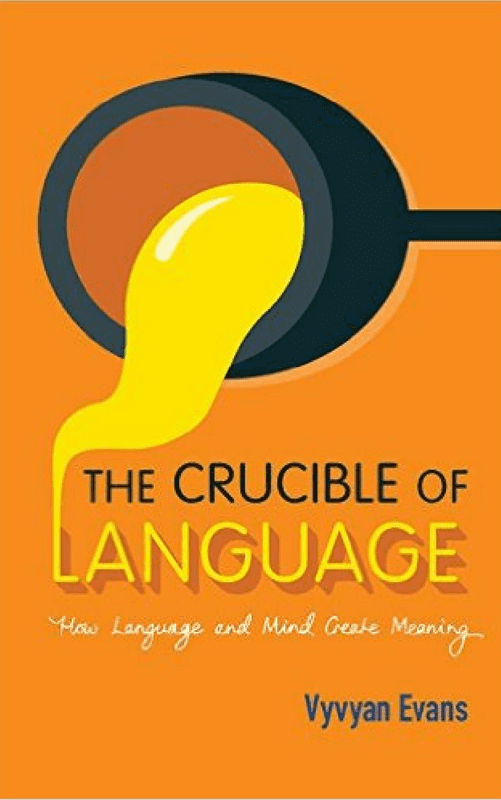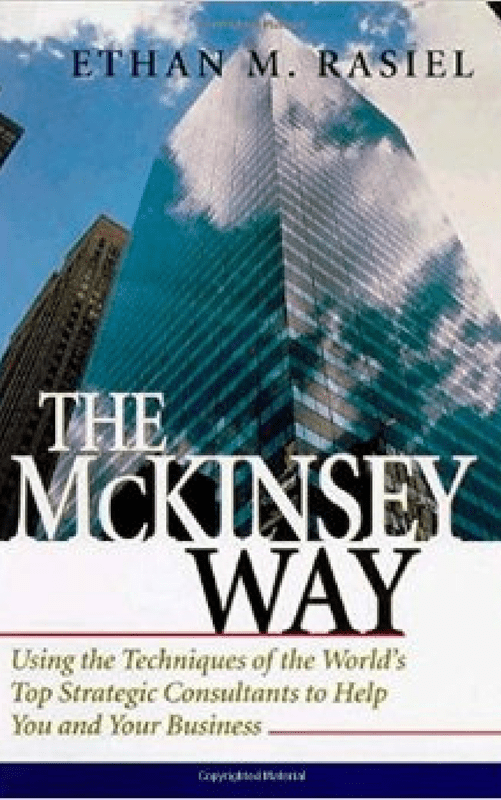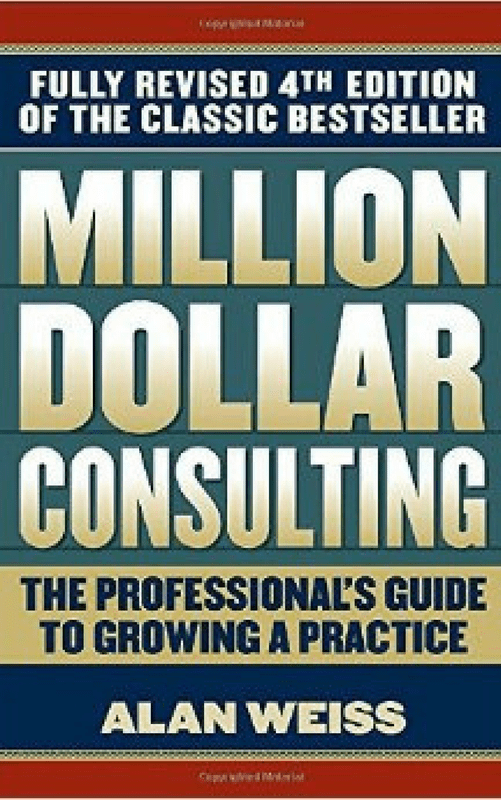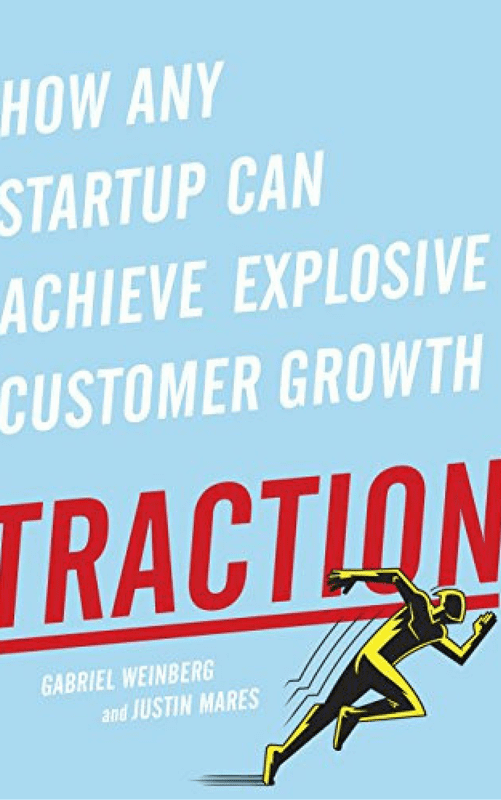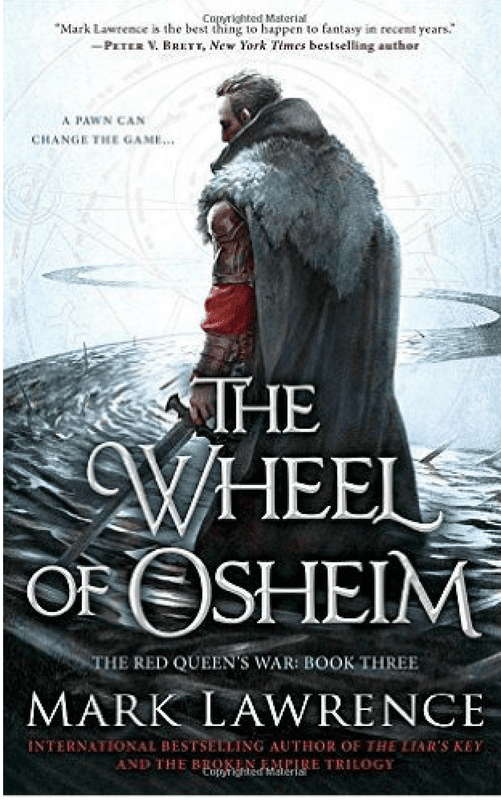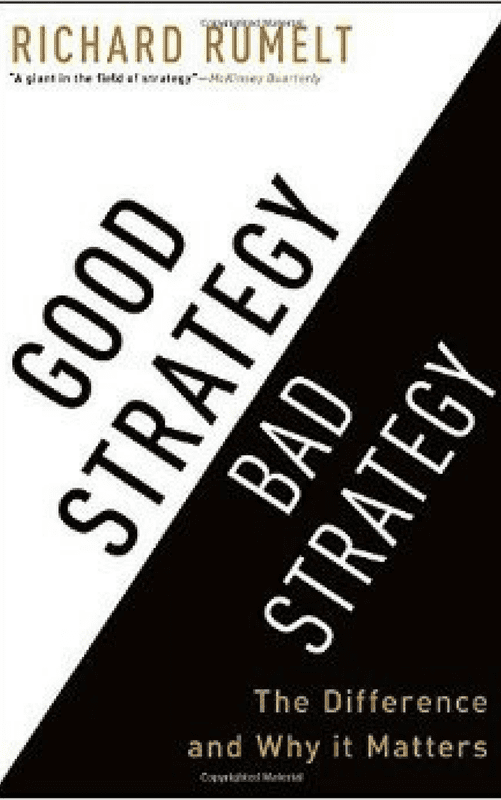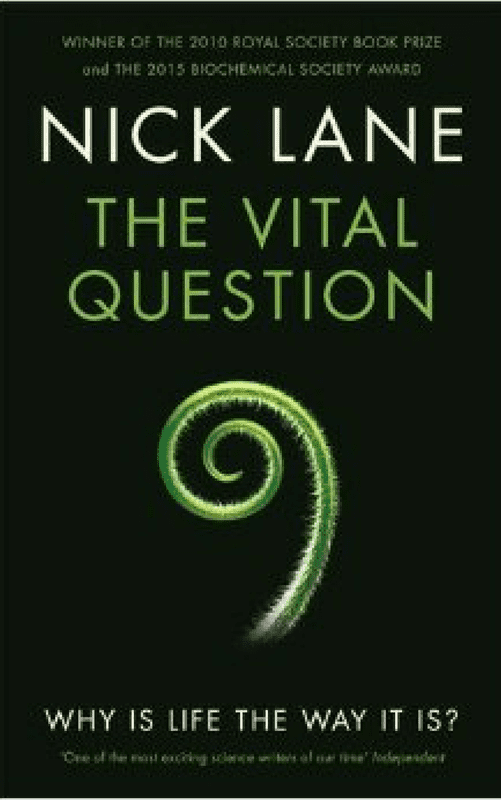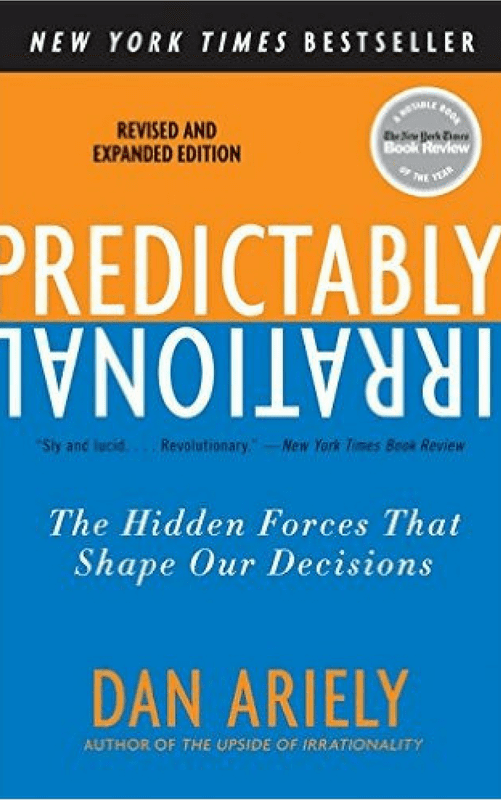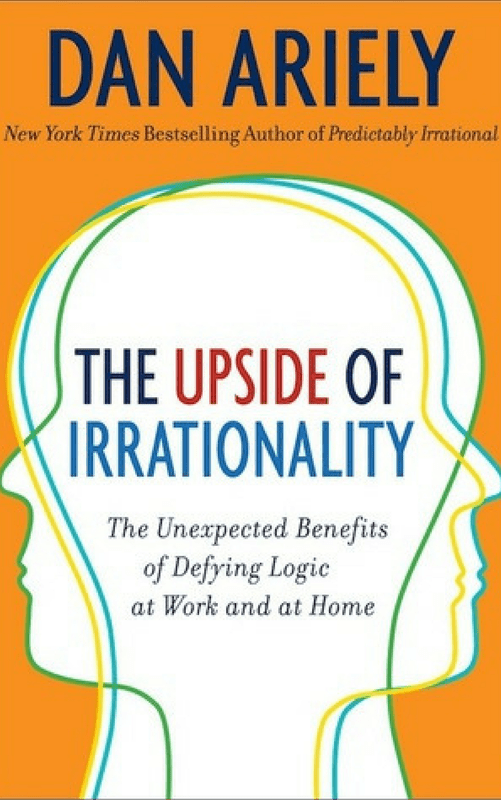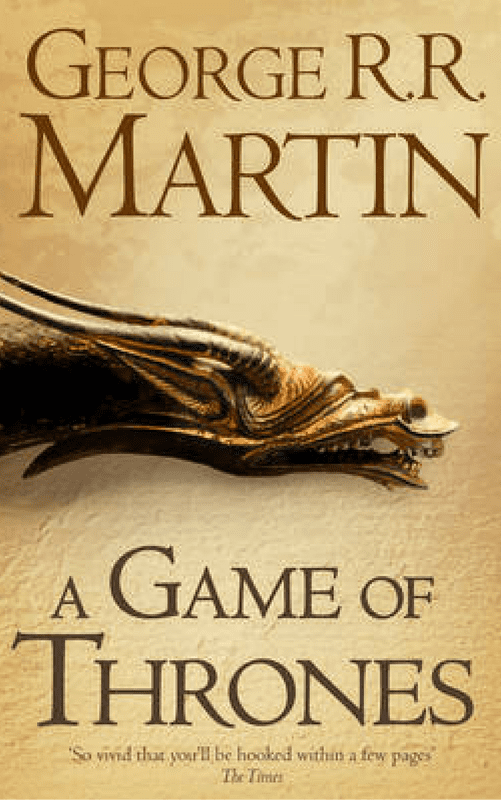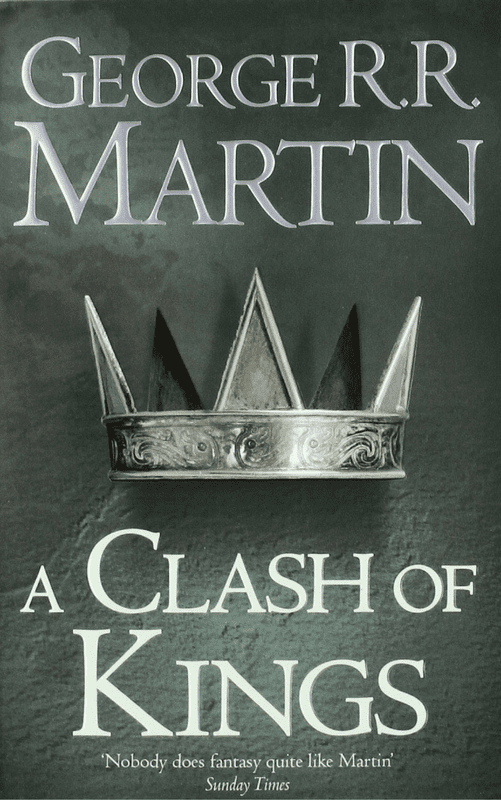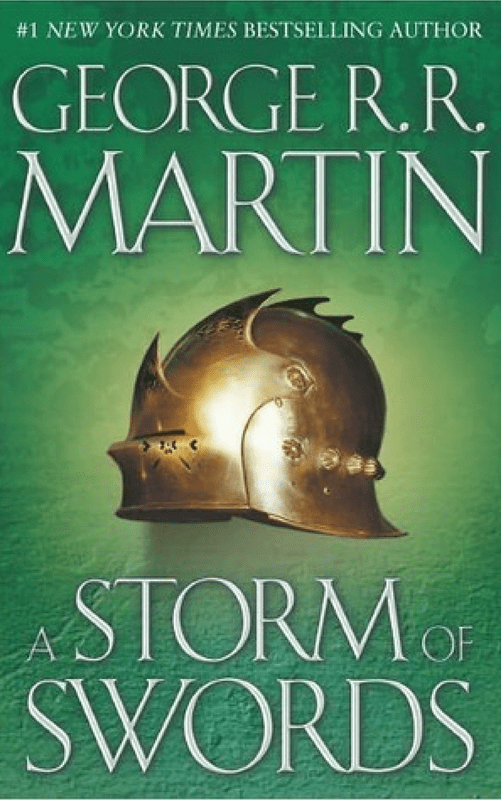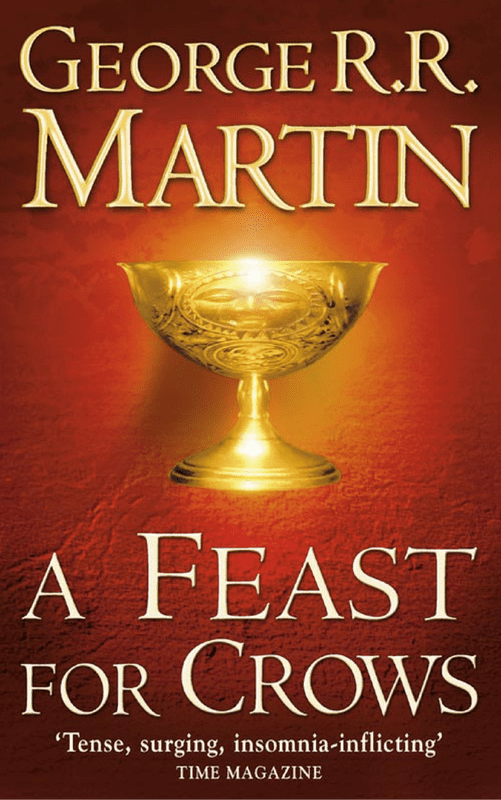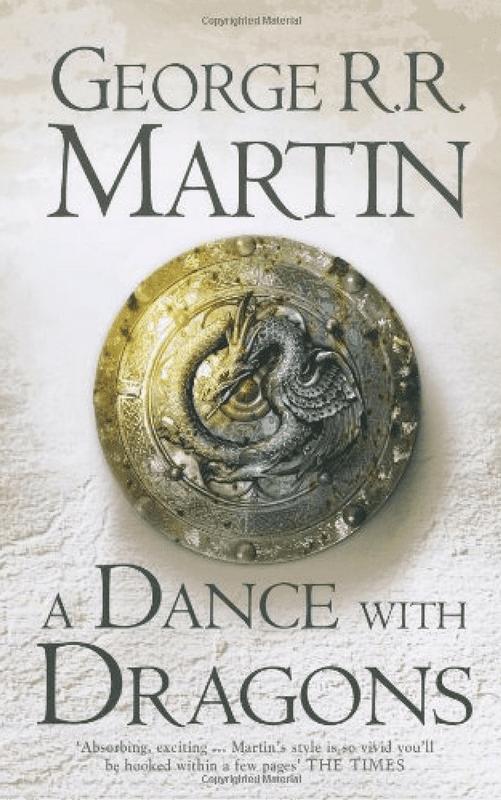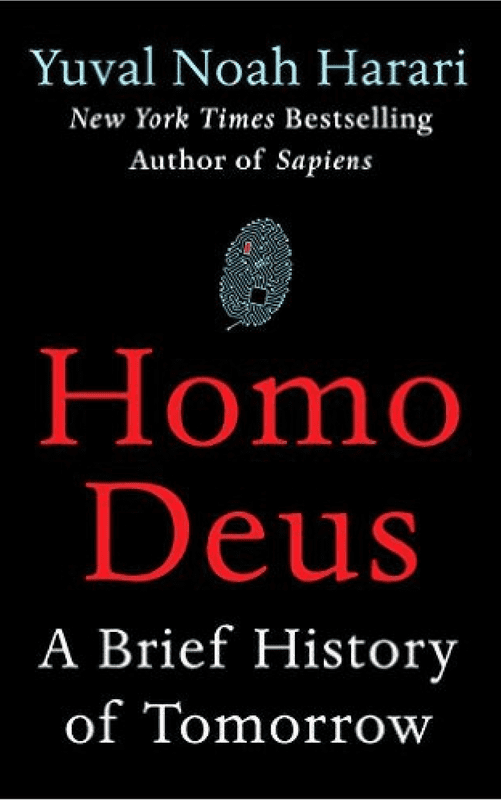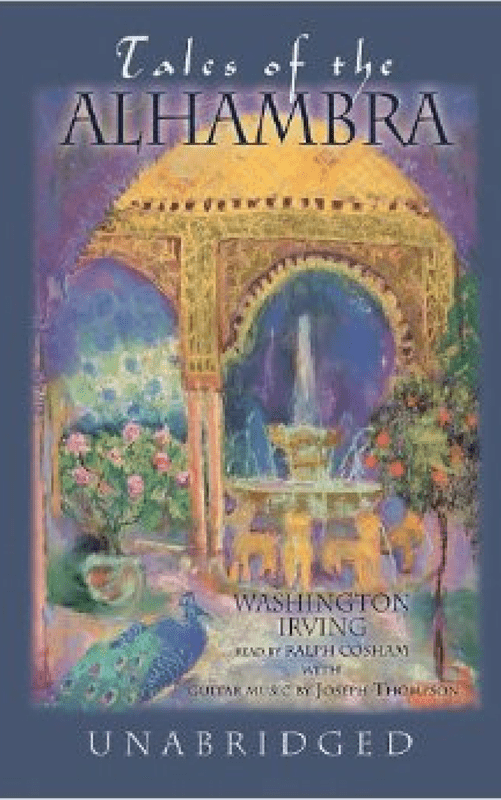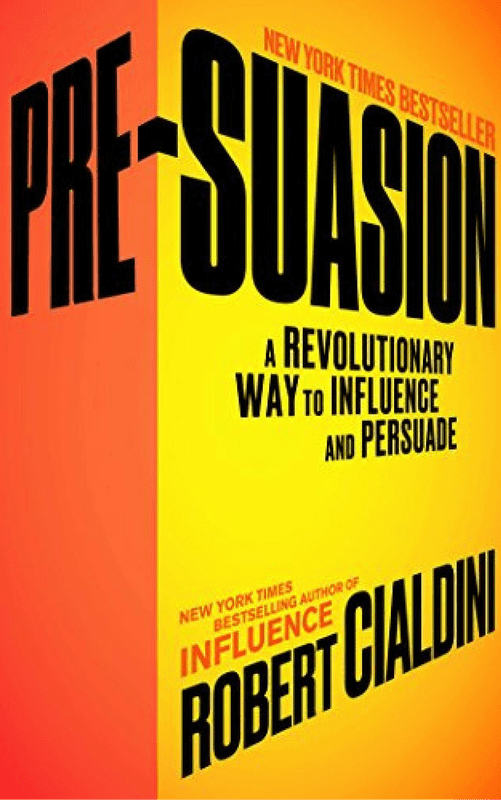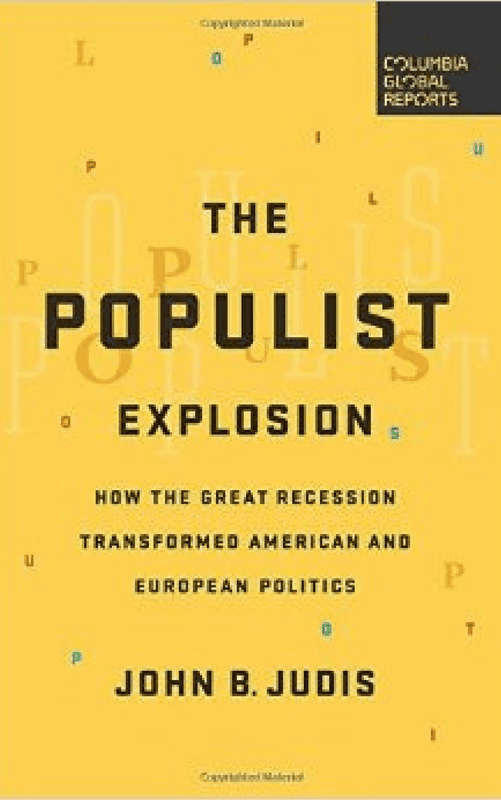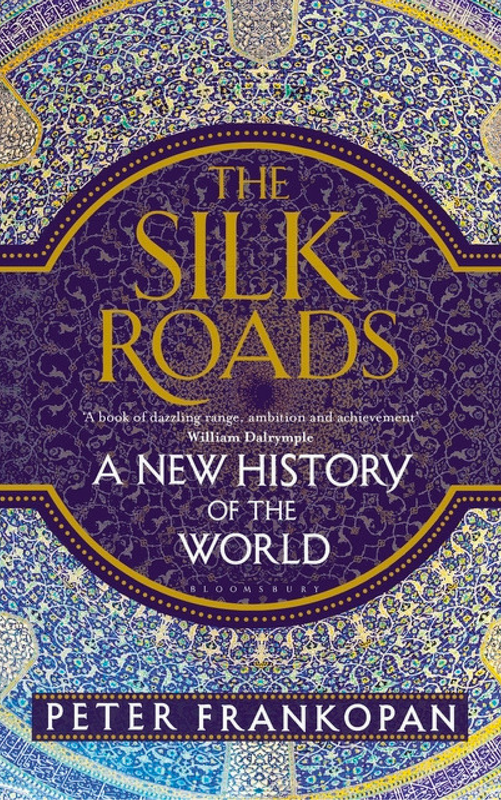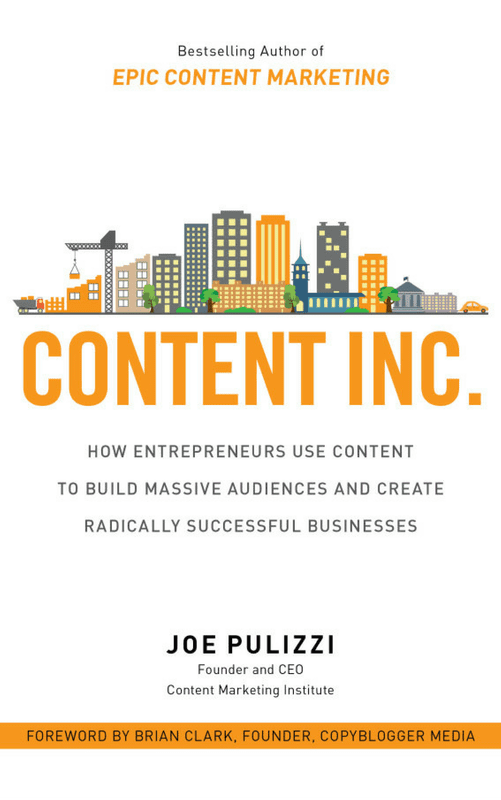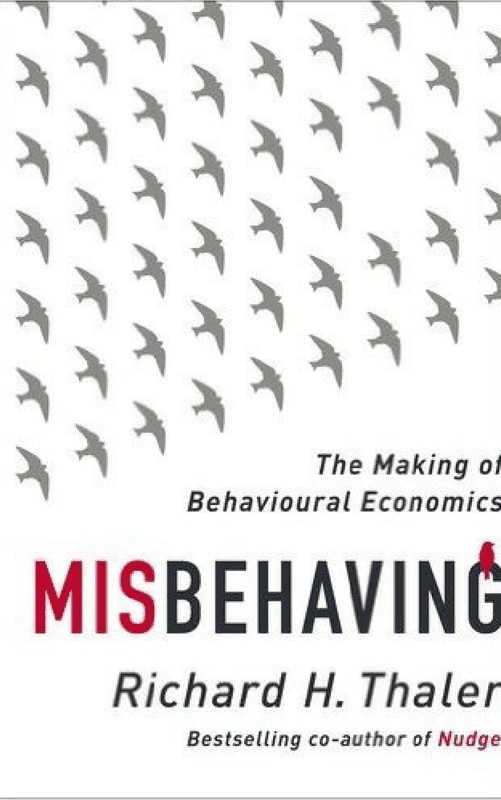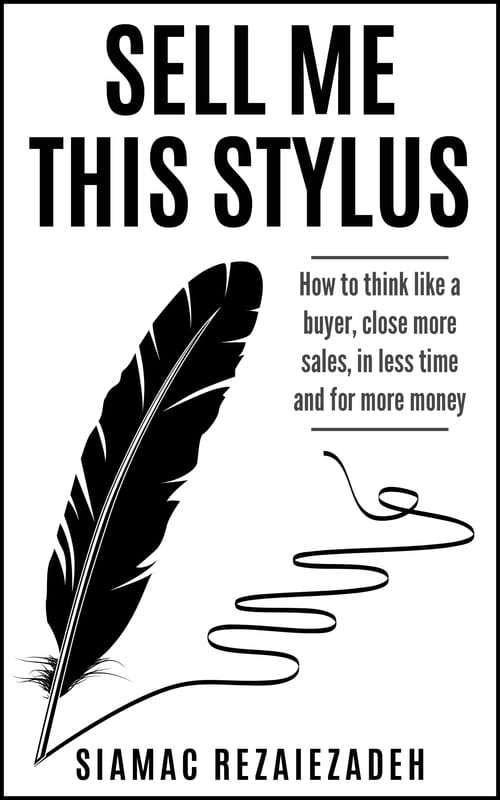2016's reading list
HOW TO CREATE A MIND by Ray KurzweilA great introduction to AI (and the brilliance of Kurzweil). As someone with an impressive track record of predicting the future and with an impressive pedigree in AI, speech recognition and optical character recognition, it makes sense to pay attention to his views. His enthusiasm for an AI-assisted future cannot be denied. Some of the thought experiments outlined in the book are engrossing, and I came away with a clearer insight into how certain technologies around us today actually work and what might happen in the next 20 years.
|
ABUNDANCE by Peter DiamandisProjects being worked on that have the potential to move us to a period of abundance - and how that will change society. It's a great read (and I'm looking forward to an abundant future). One of my favourite statements is this one, on the topic of improvements in technology leading to savings of both time and money: "Today, artificial light costs less than half a second of your working time per hour (if your make an average wage). Using a kerosene lamp in the 1880s you would have had to work for 15 minutes to get the same amount of light. A tallow candle in the 1800s: over 6 hours’ work. From a sesame-oil lamp in Babylon in 1750 BCE: 50 hours’ work."
|
THE GREAT WAR FOR CIVILISATION by Robert FiskOne of the most comprehensive reviews of the Middle East over the last 40 years or so - written from Fisk's perspective as a man on the ground. Watch out for shelling from all sides and interviews with Bin Laden. There is sometimes criticism of Fisk and his views, frequently taking them apart point-by-point, however this was an engaging and eye-opening read from someone who a) has strong opinions on the role of the media; b) has strong opinions on the Middle East; and c) has earned those opinions through an incredible amount of work and access to leading figures.
|
MR. SPLITFOOT by Samantha HuntPretty dark with absurdity on absurdity for good measure. A particularly favourite excerpt of mine: I break off some more chocolate. "How long were we asleep?" A dumb question. I'm full of them. "Where are we going. Where'd you disappear to. Why'd you come back. Who was that guy in our room." I'm too tired for question marks.
|
SYRIA: A RECENT HISTORY by John McHugoSyria from WWI to present day with all the ins and outs. My lasting memory: Yet there is no point in walking down the road of history's "what if's?" and "might have beens". Instead, a crucial historical fact should be emphasised: what happened in the immediate aftermath of the Great War created a legacy of mistrust of the West which subsequent history would repeatedly compound. Today's inability of the West to prevent Syria descending into the darkness of civil war - and its failure to find a way to bring the civil war to an end - will only have increased that mistrust yet further.
|
PREDICTABLE REVENUE by Aaron RossIt's a fairly straightforward read, although it would be more accurate to describe as a collection of blog posts delivered in a somewhat co-ordinated fashion. It has some good ideas, although I'm unsure precisely how relevant all of them are today - at least where I have experimented. Although I'm sure others will differ in their opinion. That said, I took home one or two points that have proved useful, so worth the read.
|
TRACTION by Gabriel Weinberg and Justin MaresA clear and concise way to think about how to attain traction for your business by focusing on the channels that work and then going all in on them. Worth reading even if it is to understand the breadth and depth of some of the channels available for marketing a business.
|
THE WHEEL OF OSHEIM by Mark LawrenceI have to say, Jorg (from the first three books) and Jalan (from this trilogy) are probably my two favourite literary characters of the last few years. If you haven't read these, start with the first series and then move on to this - the concept is pretty interesting.
|
TALES OF THE ALHAMBRALiving in Granada at the moment it's pretty much required reading. There's a statue of him near the palace itself so his influence is definitely felt. It's one of those (true) stories/accounts where you end up thinking "I wish I could have done that". It also introduced me to one of my favourite words: contrabandista.
|
PRE-SUASION by Robert CialdiniI'm a big fan of Cialdini and this book doesn't disappoint. If you haven't, read Influence first, and then this. Behavioural Science at its most practical. The idea in this book is that it is possible to "pre-suade" an audience by using subtle cues to get them in the right frame of mind to hear your argument.
|
ALAN PARTRIDGE: NOMAD by Alan PartridgeThis was a year end treat for myself - Alan Partridge at his rambling, deluded best, whilst rambling. Some of his pearls of wisdom include:
"Unlike factory workers, cabbies or teachers, radio DJs can't just take ten days off whenever the feeling takes them. I happen to have enormous respect for all of those professions, but - and I think they'd agree with me on this - one factory worker or cabbie or teacher is much the same as any other" Classic Partridge. |
